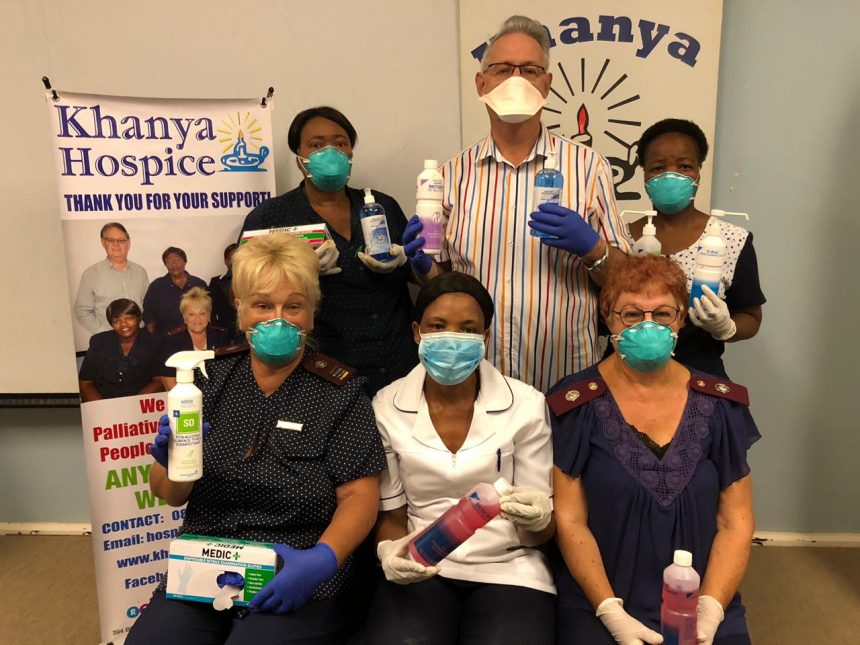Palliative care isn’t reliant on high-tech interventions. Rather, it’s provided by compassionate health care workers who are trained to provide holistic care to those with life-limiting conditions. As part of our mission, we want to show the human face of global palliative care. By sharing our partners’ experiences we can shed light on the amazing things that people do every day to promote compassionate care to those who need it most.
As this global pandemic progresses, we see an overlap in the language formulated by organizations to communicate their efforts. One quick look at the media reveals countless examples of organizations assuring their consumers that “they will be there for them through these difficult, uncertain times,” and that “now more than ever, we need to care about people and families.” This vague messaging may be comforting to some extent, but it doesn’t provide any real indication of what these organizations are doing to help their communities. In these times, the demand for clarity and transparency is at an all-time high.
Our partners continue to provide palliative care services despite the challenges. One of their biggest obstacles is obtaining the necessary equipment and supplies to reach their patients safely and administer treatment. But what does that actually look like on a daily basis? What does it mean to provide compassionate care where the need is great and the resources are few?
For Neil McDonald and the staff of Khanya Hospice in Umkomaas, South Africa, compassionate care is waking up every morning and driving 95km (59 miles) to work at the office. It’s risking their safety every time they drive to work in their tattered Toyota Avanza, not knowing if today is the day it breaks down and leaves them stranded and vulnerable. It is arriving at the pharmacy at 8:00 am once a week to obtain medicine and medical supplies before the store opens to the public. It is becoming close friends with the owner after 8 years of continued exchanges and sharing a (distanced) cup of coffee together before tackling the day. Compassionate care is wearing gloves and a mask throughout the workday, preparing supplies and equipment for the nurses a day in advance to maintain social distance. It is nurses working full days and remaining on call should anyone need their services. It is sending articles to newspapers and maintaining a presence in the media to keep the community informed. Compassionate care is fostering a culture of kindness and goodwill through charity shops and receiving phone calls during nation-wide lockdowns from those wishing, but unable, to donate. Compassionate care is receiving an email from a partner from across the ocean to simply say, “thank you” for touching their heart.
No matter what compassionate care may look like, its underlying principle is this: do the best we can for those in need no matter the circumstances. It is why our partners at Khanya Hospice continue to do what they do, and why we all must look after each other in the face of adversity. It is exactly why it is going to take a lot more than a global pandemic to stop us from working each day to reduce pain and suffering.

